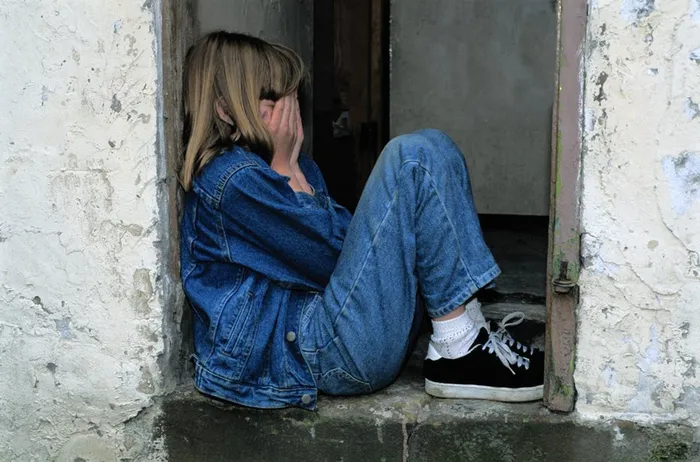Covid hurting adolescents’ mental health

The Covid-19 pandemic has caused an alarming increase in anxiety and depression among the youth, say psychologists.
Young people aren’t getting enough social interaction because of Covid-19, and it’s taking a toll on their mental health, say psychologists.
“The lockdown has had a severe impact on adolescent mental health in general,” says Mark de la Rey, a clinical psychologist at a Kenilworth mental-health clinic for adolescents. “This age group, due to their developmental imperatives, need the social interaction that they are now being deprived of.
“It is a time when interacting with peers, testing relationships, communication and just being social in general is important for a healthy development.”
Mr Rey said the lack of social interaction threatened not only mental health in the youth but also an important developmental milestone.
“We are seeing a significant increase in anxiety and depression along with an increase in certain coping mechanisms that are dangerous, such as self-harm and substance use.”
South African Depression and Anxiety Group (SADAG) clinical psychologist Cassandra Govender said early evidence pointed to an “alarming surge” in mental-health issues among 15-to-24-year-olds.
"Supporting learners to remain in schools, universities and learning institutions is of utmost importance, as they face increased pressures in coping with daily life.”
Marele Venter, an occupational therapist, who spoke about helping children cope with trauma on Sadag’s Facebook live chat, said anxiety could be different in young children compared to teenagers.
“Young kids would struggle with sleeping and separating from their parents, whereas teenage school kids continue to struggle with face-to-face schooling after being taught online at home for a long while.”
Candice Cowen, a clinical psychologist who contributed to the live chat, said: “As much as adults, kids experience the same emotions, such as trauma and stress, when kids go through traumatic experiences, their sense of safety and security is threatened. They know something doesn't feel right even if they don't pick up on it cognitively.”
Ms Cowen said many adults were burnt out, depressed and anxious, but parents needed to make sure their own worries did not rub onto their children.